While panel moderator Rana Dasgupta proposed that the geopolitical lines that had divided literature into Western and non-Western zones were gradually eroding, his point was disputed by the gathered writers.
The final session of the second day of the festival held all the ingredients for a riveting discussion — a bunch of celebrated authors, including Orhan Pamuk, Kiran Desai and Nigerian writer Chimamanda Adichi, and the weighty subject of writers navigating the spaces between a Western audience and non-Western words.
But it wasn’t long before the session descended into an airing of literary woes, even as author and panel moderator Rana Dasgupta tried to inject some cheer into the proceedings.
While Dasgupta proposed that the geopolitical lines that had divided literature into Western and non-Western zones were gradually eroding, his point was disputed by the gathered writers.
“It is the polite thing to say that we’re all the same everywhere,’ said Adichi. “But a Nigerian reader will have a completely different understanding of my book than an American one.”
Adichi also elaborated on the definitions of a ‘global’ writer and globalisation. “American writers are perhaps the most global of all. They are read all over the world. Why and how can we prescribe to them a narrower definition than that of a non-Western writer?” Adichi refused to acknowledge the concept of a globalisation that wasn’t actively improving and connecting everyone’s lives. “I don’t like to complain,” snapped the writer in conclusion, leading Kiran Desai to say laughingly, “But it’s so much fun to complain”.
Kiran Desai spoke of the demand for a specific type of fiction from India - whether it was the pashmina shawl motif, or the literary device of an arranged marriage. “I don’t know why writers become diplomats once they have written their books. When asked questions like, ‘what do you think about the state of the Kashmir conflict, they say, ‘It’s not my place to comment on such things,’” she said.
Pamuk spoke of his frustration at being slotted according to his nationality, saying, “I get very angry when a critic reads my writing and says, this is a Turkish writer who has a great understanding of Turkish love. My writing shouldn’t be limited to my place of origin.”
Novelist and fiction editor of Harvard Review Nam Le noted wryly that feelings of dispossession and marginalisation were no longer exclusive to a non-Western writer. “This is one thing I love about the literary world - everyone loves feeling hurt. I imagine
that even as we speak, there is a white, male, middle-aged writer sitting in Brooklyn complaining about being sidelined by foreign exotica,” he said to titters from the crowd.
![submenu-img]() Men in this Indian village have two wives, living under one roof due to…
Men in this Indian village have two wives, living under one roof due to…![submenu-img]() Meet Allah Ghazanfar, Afghanistan's 18-year-old mystery spinner who destroyed South African batting in 1st ODI
Meet Allah Ghazanfar, Afghanistan's 18-year-old mystery spinner who destroyed South African batting in 1st ODI![submenu-img]() Fired techie LinkedIn post goes viral, shares his 'survival' story after working as Swiggy delivery agent
Fired techie LinkedIn post goes viral, shares his 'survival' story after working as Swiggy delivery agent![submenu-img]() Not Soham Shah, but this actor was leading Tumbbad, took no money, gave two months, then hurled abuses on director for..
Not Soham Shah, but this actor was leading Tumbbad, took no money, gave two months, then hurled abuses on director for..![submenu-img]() IND vs BAN 1st Test: Predicted playing XIs, live streaming, pitch report and weather forecast of Chennai
IND vs BAN 1st Test: Predicted playing XIs, live streaming, pitch report and weather forecast of Chennai![submenu-img]() Lebanon Serial Blast: फिर धमाकों से दहल गया लेबनान, पेजर के बाद अब हिजबुल्लाह के वॉकी-टॉकी फटे, 3 की मौत, 100 घायल
Lebanon Serial Blast: फिर धमाकों से दहल गया लेबनान, पेजर के बाद अब हिजबुल्लाह के वॉकी-टॉकी फटे, 3 की मौत, 100 घायल![submenu-img]() वन नेशन-वन इलेक्शन के प्रस्ताव का 32 पार्टियों ने किया समर्थन, जानें कितने दलों ने किया विरोध
वन नेशन-वन इलेक्शन के प्रस्ताव का 32 पार्टियों ने किया समर्थन, जानें कितने दलों ने किया विरोध![submenu-img]() कोलकाता रेप-मर्डर केस में धरना खत्म करने से डॉक्टरों ने किया इनकार, 48 घंटे में दूसरी बार ममता ने बुलाई मीटिंग
कोलकाता रेप-मर्डर केस में धरना खत्म करने से डॉक्टरों ने किया इनकार, 48 घंटे में दूसरी बार ममता ने बुलाई मीटिंग![submenu-img]() Jammu and Kashmir Assembly Elections 2024 Voting: बुलेट पर भारी पड़ा बैलेट, पहले चरण में जम्मू-कश्मीर में 59% वोटिंग
Jammu and Kashmir Assembly Elections 2024 Voting: बुलेट पर भारी पड़ा बैलेट, पहले चरण में जम्मू-कश्मीर में 59% वोटिंग![submenu-img]() Mpox: भारत के इस राज्य में मंकीपॉक्स ने दी दस्तक, UAE से लौटे युवक में दिखे वायरस के लक्षण
Mpox: भारत के इस राज्य में मंकीपॉक्स ने दी दस्तक, UAE से लौटे युवक में दिखे वायरस के लक्षण![submenu-img]() Ford to return to India after 2 years with reopening of....
Ford to return to India after 2 years with reopening of....![submenu-img]() Maruti Suzuki launches new Swift CNG, check price, mileage, other features
Maruti Suzuki launches new Swift CNG, check price, mileage, other features![submenu-img]() ‘30 LPA, 3BHK, no in-laws’: Woman earning Rs 1.32 lakh salary lists demands for future husband, netizens say...
‘30 LPA, 3BHK, no in-laws’: Woman earning Rs 1.32 lakh salary lists demands for future husband, netizens say...![submenu-img]() In a big EV push, Centre launches Rs 10900 crore PM E-Drive scheme to replace…
In a big EV push, Centre launches Rs 10900 crore PM E-Drive scheme to replace…![submenu-img]() World’s longest car has helipad, swimming pool, mini-golf course, can seat over…; it cost…
World’s longest car has helipad, swimming pool, mini-golf course, can seat over…; it cost…![submenu-img]() Meet man, who secured record-breaking package, not from IIT, IIM, NIT, his salary is...
Meet man, who secured record-breaking package, not from IIT, IIM, NIT, his salary is...![submenu-img]() Meet India's first billionaire, who controlled 25% of world's GDP, had 50 Rolls-Royce, way richer than Mukesh Ambani
Meet India's first billionaire, who controlled 25% of world's GDP, had 50 Rolls-Royce, way richer than Mukesh Ambani![submenu-img]() IAS vs IPS: Who earns more? Differences in power, role, responsibilities
IAS vs IPS: Who earns more? Differences in power, role, responsibilities![submenu-img]() Meet boy who got record-breaking salary package from Google, was former Amazon employee, not from IIT, IIM…
Meet boy who got record-breaking salary package from Google, was former Amazon employee, not from IIT, IIM…![submenu-img]() Meet man who became IPS, then cracked UPSC to become IAS officer with AIR 52, is now DM of...
Meet man who became IPS, then cracked UPSC to become IAS officer with AIR 52, is now DM of...![submenu-img]() Delhi New CM: Why Delhi CM Atishi Marlena Singh Dropped Her Middle Name, Fascinating Story Behind It
Delhi New CM: Why Delhi CM Atishi Marlena Singh Dropped Her Middle Name, Fascinating Story Behind It![submenu-img]() Haryana Assembly Election 2024: Congress Announces Seven Guarantees, Check Full List Here I Politics
Haryana Assembly Election 2024: Congress Announces Seven Guarantees, Check Full List Here I Politics![submenu-img]() Lebanon Pager Explosion Update: 8 Killed, 2,750 Injured; Hezbollah Blames Israel For Pager Attack
Lebanon Pager Explosion Update: 8 Killed, 2,750 Injured; Hezbollah Blames Israel For Pager Attack![submenu-img]() Pakistani Intruder Shot Dead By BSF Along International Border In Amritsar, Punjab
Pakistani Intruder Shot Dead By BSF Along International Border In Amritsar, Punjab![submenu-img]() Kolkata Doctor Case: Protesting Doctors React After CBI Arrests Sandip Ghosh And Abhijit Mondal
Kolkata Doctor Case: Protesting Doctors React After CBI Arrests Sandip Ghosh And Abhijit Mondal![submenu-img]() Gautam Adani breaks silence on reports of Kenya Airport Authority accepting his company's proposal in 17 days
Gautam Adani breaks silence on reports of Kenya Airport Authority accepting his company's proposal in 17 days![submenu-img]() Mukesh Ambani's gift for Reliance customers, 1-year Jio AirFiber connection for free but on one condition
Mukesh Ambani's gift for Reliance customers, 1-year Jio AirFiber connection for free but on one condition![submenu-img]() Deepika Padukone buys 1845 sq ft apartment near her mother-in-law's house in Mumbai, it worth Rs...
Deepika Padukone buys 1845 sq ft apartment near her mother-in-law's house in Mumbai, it worth Rs...![submenu-img]() Meet man, who got Rs 30 crore salary hike, leads Rs 1572 crore company that once offered job to Ratan Tata, he is...
Meet man, who got Rs 30 crore salary hike, leads Rs 1572 crore company that once offered job to Ratan Tata, he is...![submenu-img]() Mukesh Ambani buys India’s first Boeing 737 MAX 9, it’s priced over Rs…
Mukesh Ambani buys India’s first Boeing 737 MAX 9, it’s priced over Rs…![submenu-img]() Meet actor who became superstar with blockbuster debut, signed 47 films in 11 days; never gave another hit, is now...
Meet actor who became superstar with blockbuster debut, signed 47 films in 11 days; never gave another hit, is now...![submenu-img]() 7 unsung women scientists whose discoveries changed the world
7 unsung women scientists whose discoveries changed the world![submenu-img]() This controversial film was banned during Emergency, prints were burnt, was reshot but...
This controversial film was banned during Emergency, prints were burnt, was reshot but...![submenu-img]() 10 amazing images captured by Hubble Space Telescope
10 amazing images captured by Hubble Space Telescope![submenu-img]() From Kilimanjaro National Park to Aldabra Atoll: 7 UNESCO world heritage sites that have high entry fees
From Kilimanjaro National Park to Aldabra Atoll: 7 UNESCO world heritage sites that have high entry fees![submenu-img]() Mpox Scare: Man tests positive in Kerala after returning from...
Mpox Scare: Man tests positive in Kerala after returning from...![submenu-img]() Indus Water Treaty: India serves formal notice to Pakistan, seeking...
Indus Water Treaty: India serves formal notice to Pakistan, seeking...![submenu-img]() 'One Nation, One Election' approved by Centre: What it means for India's election system?
'One Nation, One Election' approved by Centre: What it means for India's election system?![submenu-img]() Kolkata doctor rape-murder case: TMC MP Abhishek Banerjee demands CBI's..., says...
Kolkata doctor rape-murder case: TMC MP Abhishek Banerjee demands CBI's..., says...![submenu-img]() Union Cabinet approves 'One Nation, One Election' proposal, Bill likely in winter session
Union Cabinet approves 'One Nation, One Election' proposal, Bill likely in winter session
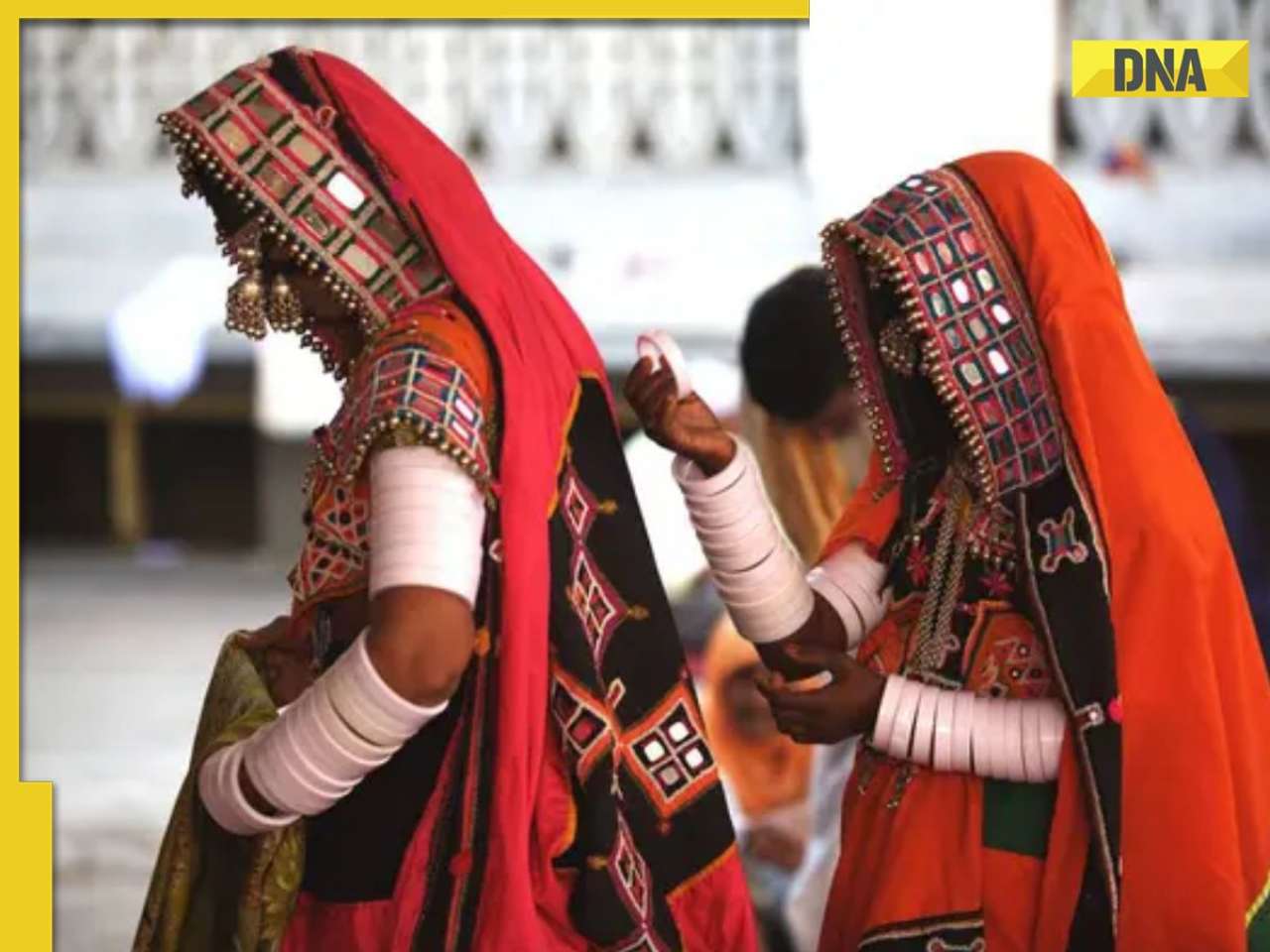










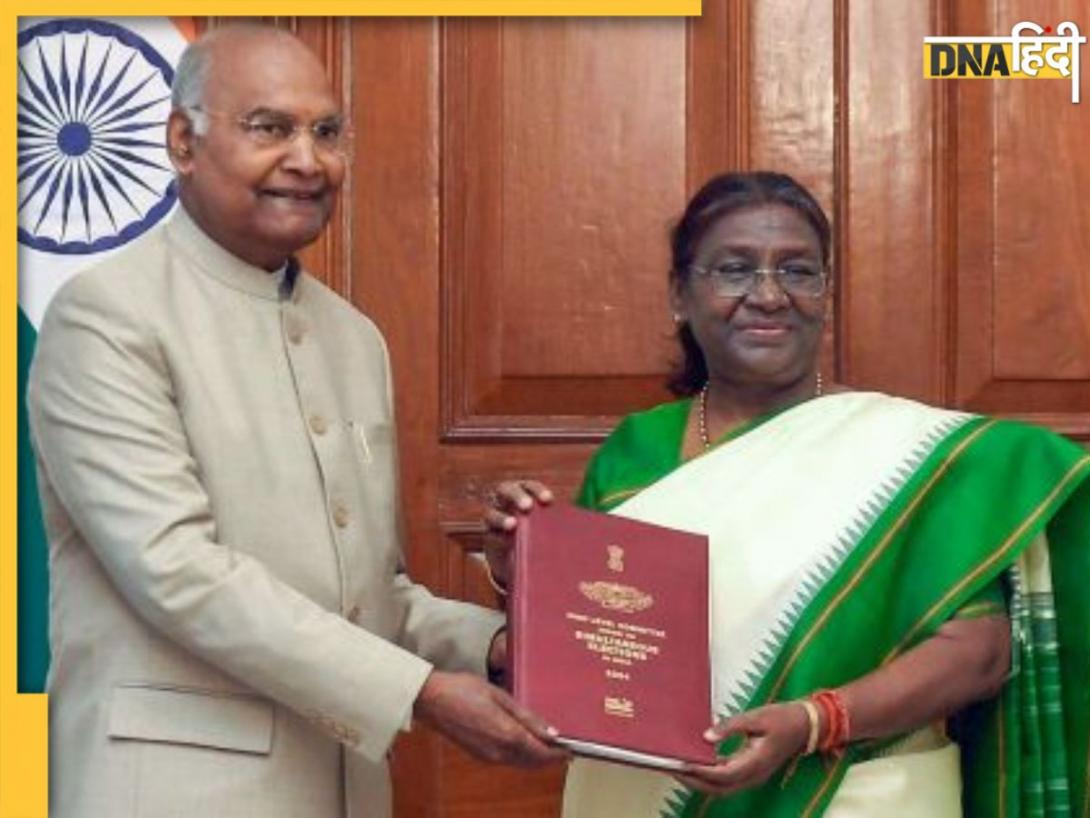

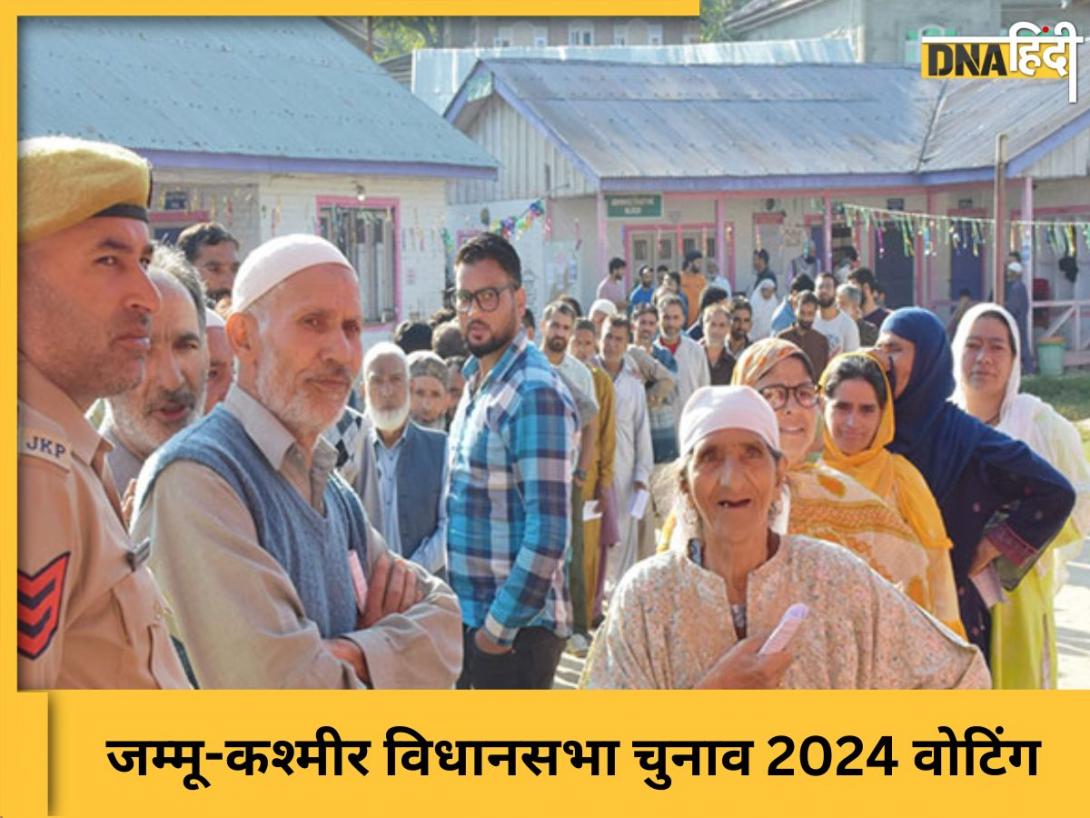















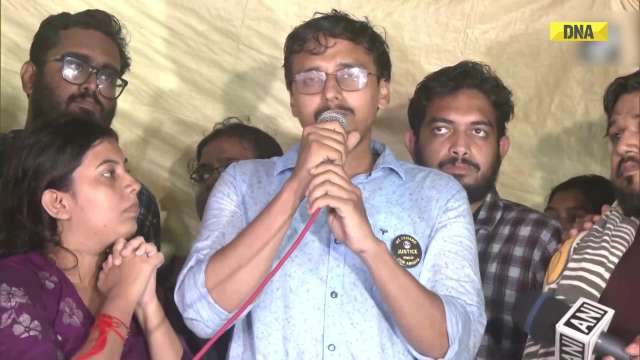












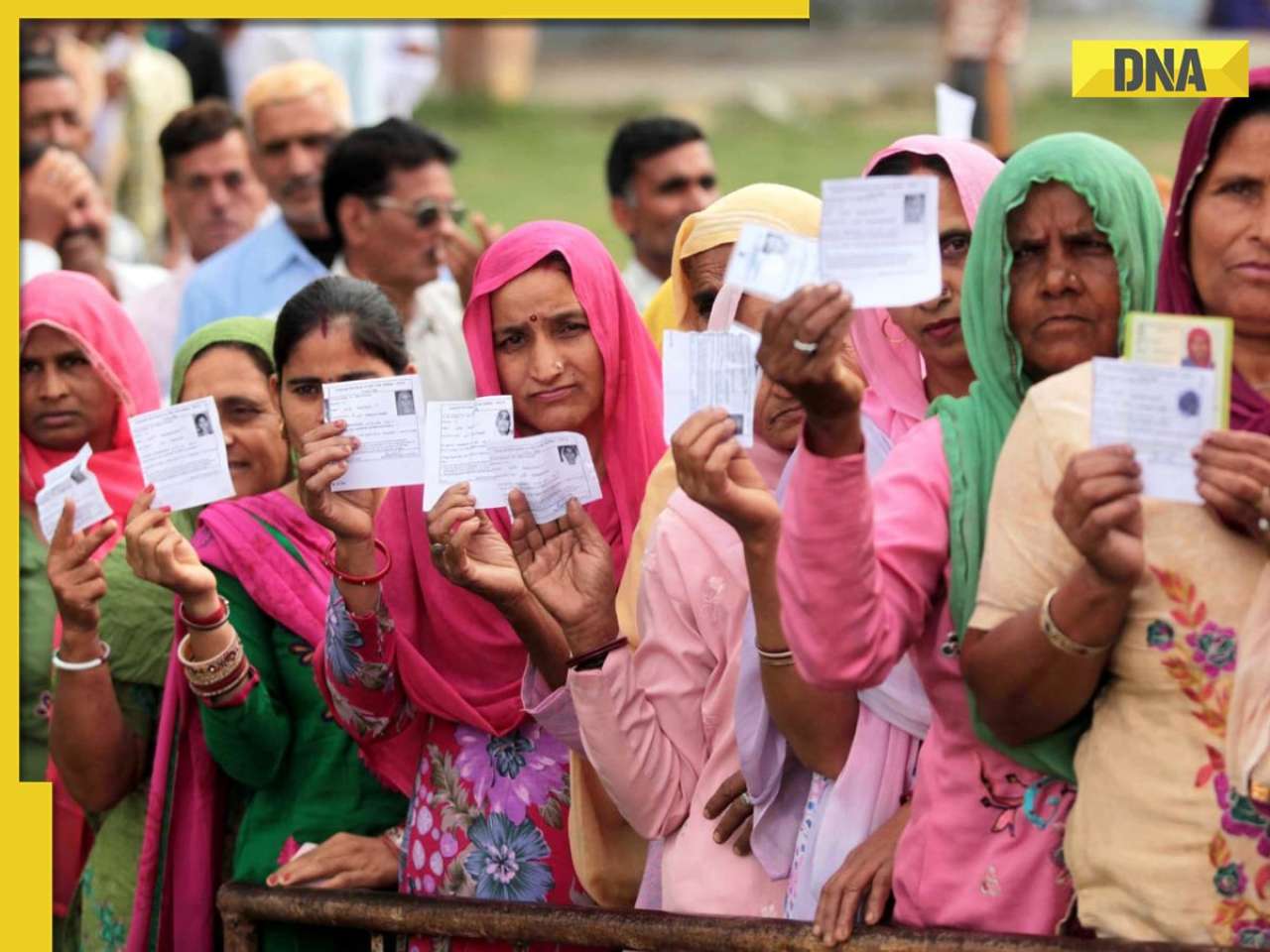




)
)
)
)
)
)
)
)
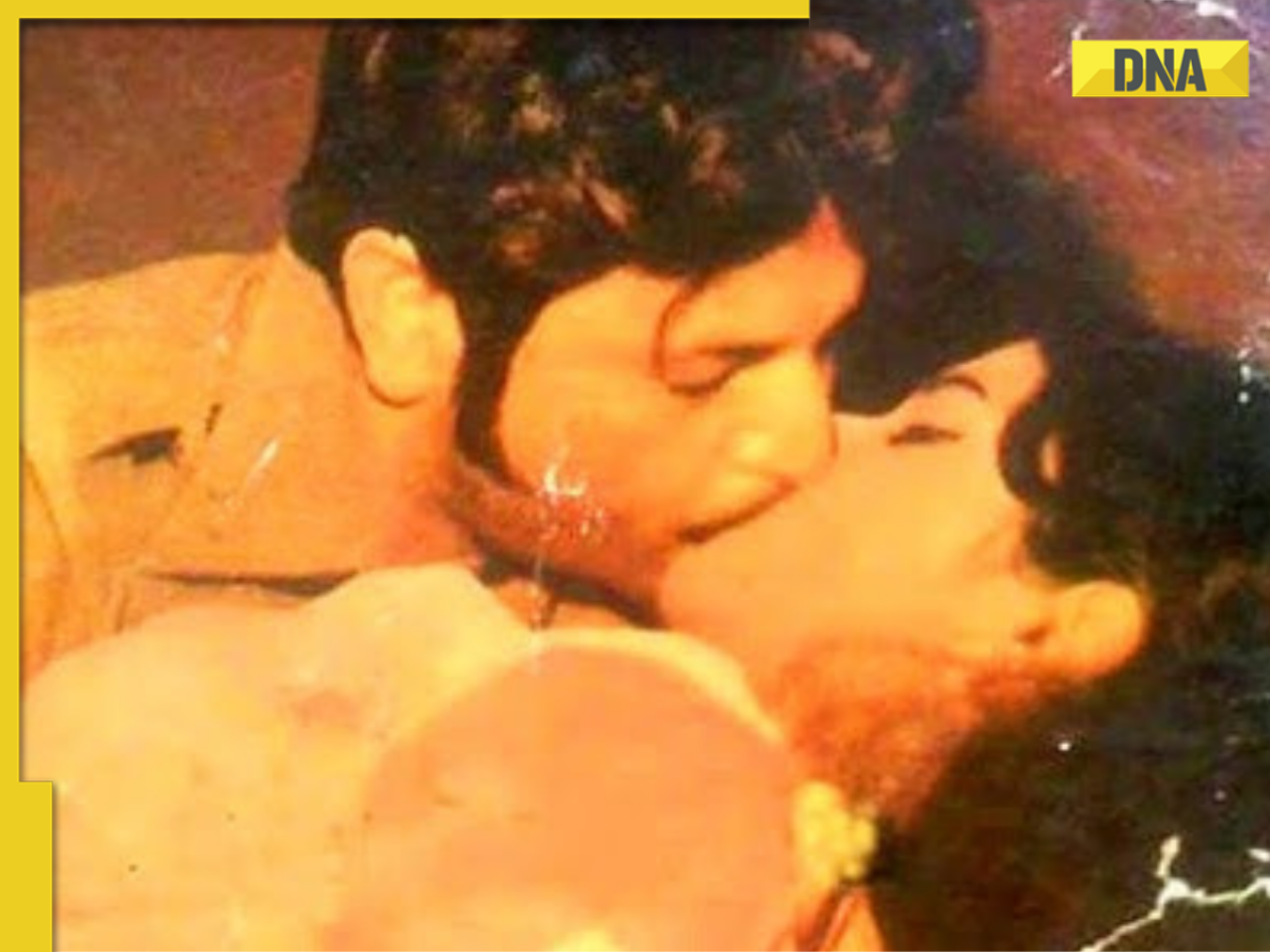)
)
)
)
)
)





)
)
)
)
)
)